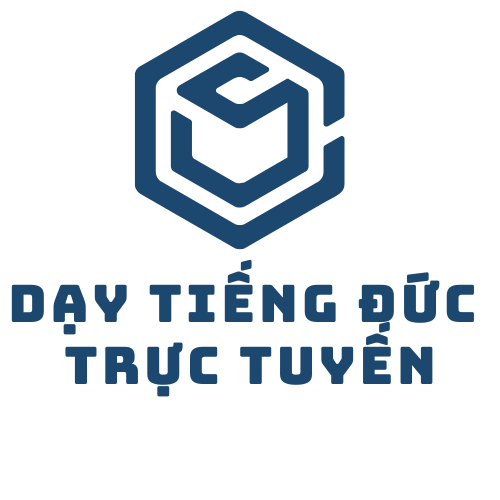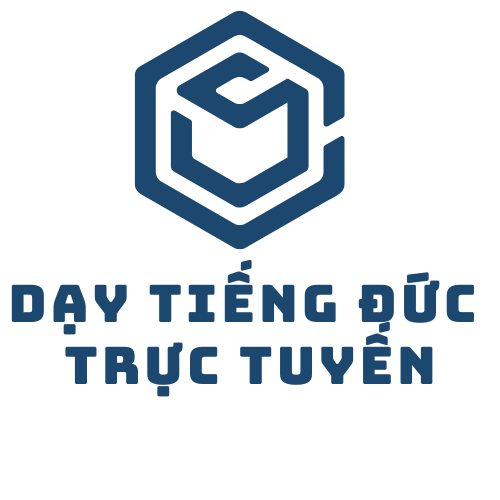Nootropics have surfaced as a trending subject in the world of mental performance. Whether you’re hustling through college exams, grinding in a startup, or just trying to think clearer, nootropics claim to boost your brain.
So, what are nootropics really? They’re substances—natural or synthetic—that are believed to improve cognitive function. Focus, memory, creativity, motivation—all these may get a boost
## Breaking Down Nootropics
Let’s unpack the main types of nootropics:
### Plant-Based Enhancers
These include naturally occurring compounds that can boost cognition. Think of Ginkgo Biloba, Bacopa Monnieri, Rhodiola Rosea, Ashwagandha. These are known for helping with memory, reducing brain fog, and calming the nervous system.
Lion’s Mane, for example, promotes NGF (nerve growth factor) which may help regenerate neurons.
### Pharmaceutical Nootropics
This category includes things like Modafinil, Adrafinil, and Racetams. These compounds are often used to treat ADHD, narcolepsy, or memory disorders.
Modafinil, for instance, is used to promote wakefulness, but it’s also used off-label to stay hyper-focused for hours.
### 3. Nutraceuticals & Vitamins
Some nutrients are directly linked to better cognitive performance. Key players here include Omega-3s, vitamin D, B12, and N-Acetyl L-Tyrosine. Your brain’s not broken—it’s just thirsty or missing a few minerals.
## How They Affect the Brain
Here’s where it gets science-y Some improve cerebral blood flow, others enhance synaptic plasticity. This can result in better concentration, faster recall, and a sharper mind.
Acetylcholine is the big shot here—it’s key for memory and learning.
## What’s the Hype?
Here’s what users report:
– Faster recall
– Less procrastination
– More dopamine-driven energy
– Quicker grasp of complex concepts
– Reduced anxiety and stress
Results vary from person to person, but many report brain fog lifting like morning mist.
## What to Watch Out For
Not everything about them is golden. Side effects can include nausea, anxiety, or irritability. Your brain’s not a test lab—be careful what you throw at it.
The supplement industry isn’t well regulated. Always check third-party lab results and real user reviews.
## Nootropic Stacks
A lot of users build “stacks” where ingredients work together for better results. Examples include:
– **Caffeine + L-Theanine**: Energy without the jitters
– **Modafinil + Alpha GPC**: Hardcore productivity combo
– **Bacopa + Rhodiola + Lion’s Mane**: Stress reduction + mental clarity + neurogenesis
Don’t want to DIY? Brands like Mind Lab Pro and Alpha Brain already did the math for you.
## Who Uses Nootropics?
It’s not just biohackers and Reddit nerds anymore. Common users include:
– Sleep-deprived college kids
– Tech workers and programmers
– Twitch streamers leveling up
– Writers, creatives, and musicians
– Memory-conscious seniors
## Smart First Steps
Thinking of trying nootropics? Follow these steps:
1. **Start small**: Ease into it
2. **Research thoroughly**: Don’t rely on marketing
3. **Cycle your usage**: Give your brain a breather
4. **Track your results**: Use a journal or app
5. **Talk to a doctor**: Medical advice is key
## Wrap-Up
They won’t make you Einstein overnight, but they might help you think a bit clearer. Like any tool, it’s how you use them that matters.
Curious enough to experiment wisely?
Read more: omeka.net (best nootropics cognitive enhancers)

